Letter to a Child Never Born
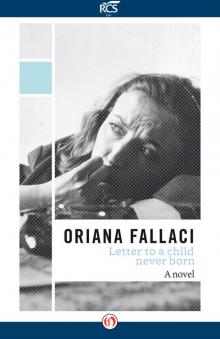

Author: Oriana Fallaci
Category: Nonfiction
Published: a long time ago
Series:
View: 275
Read OnlinePublished by Rizzoli in 1975, Letter to a Child Never Born was quickly translated and sold in twenty-seven countries, becoming an extraordinary world success. It is the tragic monologue of a woman speaking with the child she carries in her womb. This letter confronts the burning theme of abortion, and the meaning of life, by asking difficult questions: Is it fair to impose life even if it means suffering? Would it be better not to be born at all?
Letter to a Child Never Born touches on the real meaning of being a woman: the power to give life or not. When the book begins, the protagonist is upset after learning she is pregnant. She knows nothing about the child, except that this creature depends totally and uniquely on her own choices. The creation of another person directly within one’s own body is a very shocking thing. The sense of responsibility is huge; it is a heavy burden that gives life to endless reflections, from the origin of our existence to the shame of our selfishness. If the child could choose, would he prefer to be born, to grow up, and to suffer, or would he return to the joyful limbo from which he came? A woman’s freedom and individuality are also challenged by a newborn—should she renounce her freedom, her job, and her choice? What should she do at this point?
Letter to a Child Never Born touches on the real meaning of being a woman: the power to give life or not. When the book begins, the protagonist is upset after learning she is pregnant. She knows nothing about the child, except that this creature depends totally and uniquely on her own choices. The creation of another person directly within one’s own body is a very shocking thing. The sense of responsibility is huge; it is a heavy burden that gives life to endless reflections, from the origin of our existence to the shame of our selfishness. If the child could choose, would he prefer to be born, to grow up, and to suffer, or would he return to the joyful limbo from which he came? A woman’s freedom and individuality are also challenged by a newborn—should she renounce her freedom, her job, and her choice? What should she do at this point?
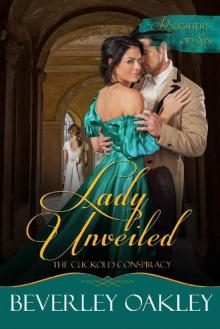 Lady Unveiled - The Cuckold's Conspiracy (Daughters of Sin Book 5)
Lady Unveiled - The Cuckold's Conspiracy (Daughters of Sin Book 5)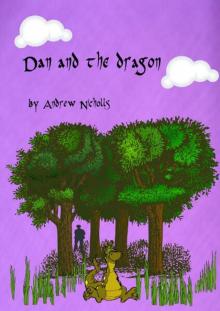 Dan and the Dragon
Dan and the Dragon-chapter-one_preview.jpg) Fireteam Zed: First to Fight (The Chronicles of the Zombie War #1) Chapter One
Fireteam Zed: First to Fight (The Chronicles of the Zombie War #1) Chapter One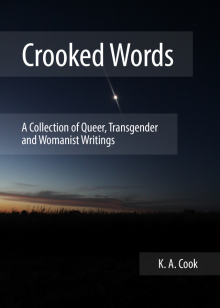 Crooked Words
Crooked Words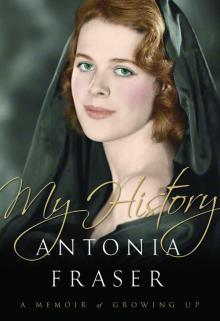 My History: A Memoir of Growing Up
My History: A Memoir of Growing Up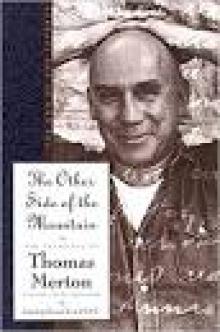 The Other Side of the Mountain
The Other Side of the Mountain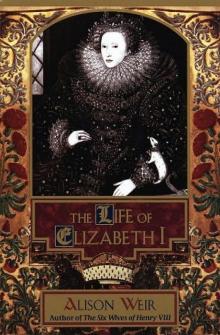 Life of Elizabeth I
Life of Elizabeth I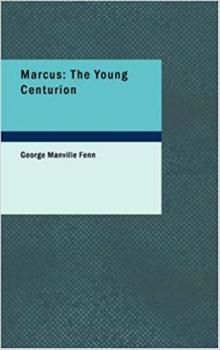 Marcus: the Young Centurion
Marcus: the Young Centurion